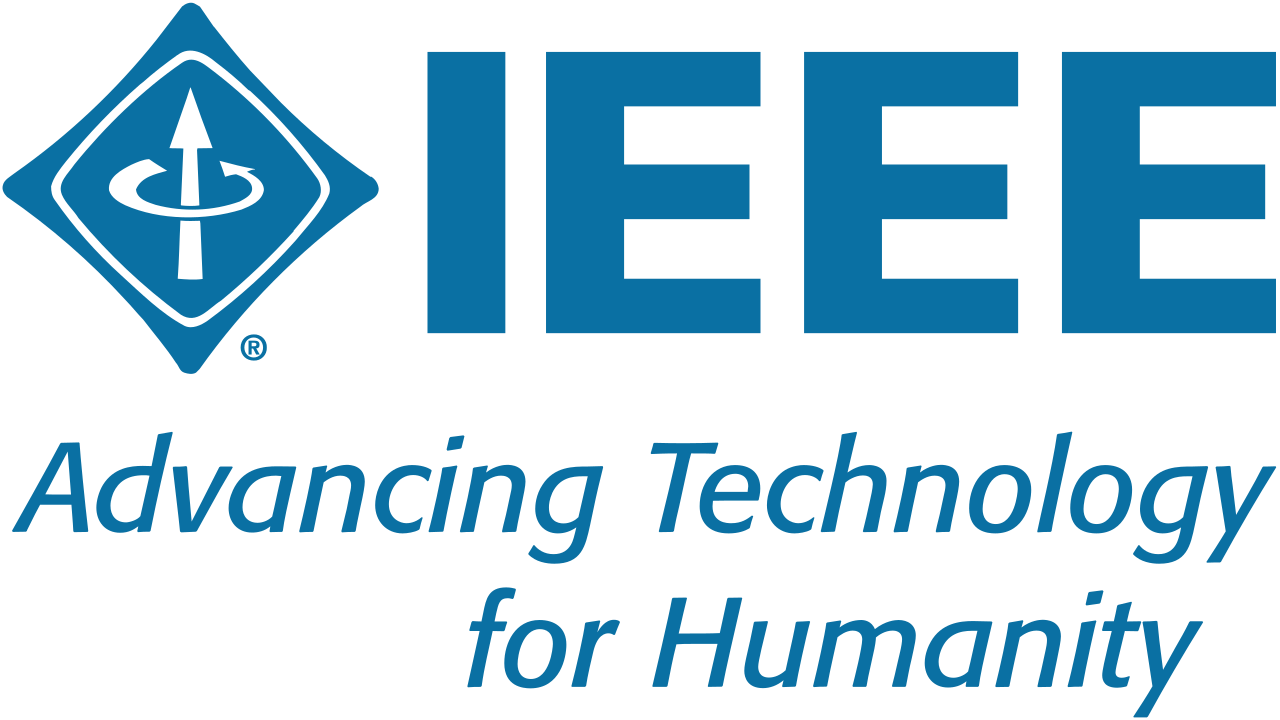Organizers
Huang-Chia Shih
Yuan Ze University, Taiwan
hcshih@saturn.yzu.edu.tw
Takahiro Ogawa
Hokkaido University, Japan
ogawa@lmd.ist.hokudai.ac.jp
Jenq-Neng Hwang
University of Washington, USA
hwang@uw.edu
Rainer Lienhart
Augsburg University, Germany
lienhart@informatik.uni-augsburg.de
Thomas B. Moeslund
Aalborg University, Denmark
tbm@create.aau.dk
Paper Submission
Authors should prepare their manuscript according to the Guide for Authors of ICME available at Author Information and Submission Instructions: https://2024.ieeeicme.org/author-information-and-submission-instructions/
Submissions should be made through https://cmt3.research.microsoft.com/ICMEW2024
Committee
Technical Program Members
Tiziana D'Orazio (National Research Council of Italy, Italy)
Hsu-Yung Cheng (National Central University, Taiwan)
James Little (University of British Columbia, Canada)
Shih-Chia Huang (National Taipei University of Technology, Taiwan)
Chih-Chang Yu (Chung Yuan Christian University, Taiwan)
Jianquan Liu (NEC Corporation, Japan)
Michele Merler (IBM Research, USA)
Sho Takahashi (Hokkaido University, Japan)
Shin'ichi Satoh (National Institute of Informatics, Japan)
Wei-Yu Chiu (Deakin University, Australia)
Katja Ludwig (University of Augsburg)
Thomas B. Moeslund (Aalborg University, Denmark)
Huang-Chia Shih (Yuan Ze University, Taiwan)
Jenq-Neng Hwang (University of Washington, USA)
Takahiro Ogawa (Hokkaido University, Japan)
Rainer Lienhart (Augsburg University, Germany)
History
Previous editions of AI-Sports.

Links
- AI-Sports ‘23: 4th International Workshop on Artificial Intelligence in Sports (at ICME 2023)
- AI-Sports ‘22: 3rd International Workshop on Artificial Intelligence in Sports (at ICME 2022)
- AI-Sports ‘21: 2nd International Workshop on Artificial Intelligence in Sports (at ICME 2021)
- AI-Sports ‘20: 1st International Workshop on Artificial Intelligence in Sports (at ICME 2020)